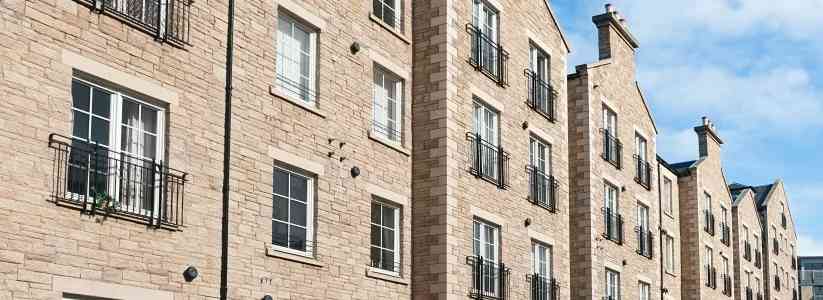With the cost of energy, fuel, food and inflation affecting everyone across the country and the world, there have been fewer moments than ever before where actions can be taken that will make a real impact to people’s lives, especially to the lives of those in society who are feeling the strain more than others.
Residents of heat networks do not have the same protections to those of us who live in homes heated by individual gas boilers. At Switch2, we have decades of experience and data to inform our opinion on the benefits of metering heat networks, wherever it is possible to do so, and now more than ever we are trying to highlight the real positive impacts that metering can have to heat networks, and the people whose homes are heated by them.
In this series of blogs, we aim to address common misconceptions around metering and hope to show that heat meters can not only be the first steps towards smarter and more efficient heat networks, but also help to protect residents from higher bills and fuel poverty.
Starting with a review of the role of the Cost Effectiveness Tool (CET) in the new context that we find ourselves in because of higher gas prices. We will be discussing why any scheme which has previously had a negative result and did not begin installing heat meters because of that result, should look at again and reconsider that decision.
Next up, we’ll be looking at payback times and how these have changed. Payback has traditionally been quite protracted and so often hasn’t been much of a motivating factor in the decision to meter, but with current energy prices, we’ll be shedding some light on why paybacks might be an increasingly convincing factor.
The final instalment in our series will be looking at the detrimental impacts of the decision to not provide heat meters to vulnerable residents and making the case that responsible operators have a moral obligation to install heat meters.
Not charging for heat based on measured and metered consumption, drives the wrong behaviours and provides no incentive to consider how much energy is used by residents. This penalises those residents who are conscious of their usage, as they end up picking up the bill for those who aren’t, creating a self-fulfilling prophecy where all residents are pushed into fuel poverty by ever increasing prices and usage.
At Switch2, we strongly believe that metering is vitally important in unlocking the potential of heat networks. Metering supplies measurement, and measurement allows for proper management. Metering supplies information on consumption, highlighting maintenance requirements. Proper maintenance allows for network optimisation, which enables efficiency to be increased. Increased efficiency leads to less consumption to meet demand, which means that tariffs can be reduced, and the savings passed onto residents.
Which means that if you don’t meter, you won’t know, because unmetered is unmanaged.


